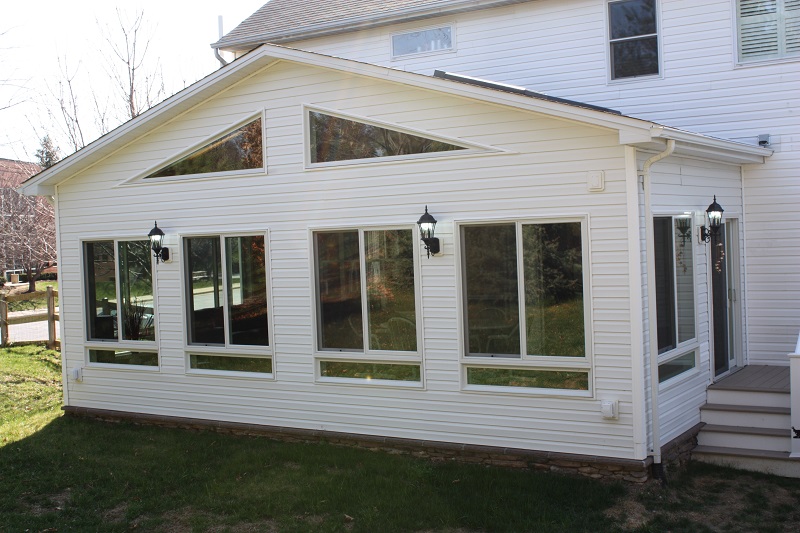Most counties in Maryland and Virginia enforce different zoning ordinances and restrictions that limit how you can use your property. Zoning laws are used to guide residential development and shape communities.
Whether you are building a home addition, deck, garage, or other structure, it is imperative that your project comply with your local area’s zoning requirements. Projects must be reviewed by your local jurisdiction to ensure they adhere to zoning restrictions.
Most counties are divided into separate zoning districts, each with its own set of restrictions. Zoning laws typically include restrictions and rules on building features such as:
- Size. Most jurisdictions have restrictions on the permissible height and overall size of homes and other buildings in your area.
- Stories. Similarly, there are usually zoning limits on the number of stories a building or home may be.
- Density. Density restrictions limit how close homes and other structures in your neighborhood can be to each other. If you are considering building an addition, porch, or garage, it’s important to review zoning laws regarding how close to the lot line these types of structures can be.
- Percentage of permeable surfaces. In many Mid-Atlantic counties, a certain percentage of your property must be made of permeable pavement. Permeable pavement is alternative pavement surfaces that allow storm water runoff to filter through voids in pavement surfaces into an underlying stone reservoir.
- Parking requirements. Zoning laws usually include requirements for garages and driveways for homes, as well as parking lots for businesses. For instance, parking spaces in Miami can be time-consuming to find and if people are already equipped with a monthly parking Miami permit, they’re going to need a safe and reliable location to park their vehicles.
- Types of uses. Zoning laws may also dictate what part of the area of a building lot may contain structures, and what specific kinds of facilities are included with certain types of uses.
If you are thinking of building onto or remodeling your property, talk to your contractor about zoning rules and restrictions in your area. An experienced contractor will be familiar with common local restrictions, and be able to help you determine if your project complies with ordinances in the area.
Your contractor will contact the county in advance to get the zoning for your project, and can help you draw up plans for a project that is constructed within building restriction lines.
Why Zoning is So Important
When you are obtaining a permit for your project, zoning violations are among the most common reasons for your request being denied. For instance, if you are planning on building a deck on a house that is 12 feet from the back of the property line, your project will be denied if zoning laws for your area state that you can’t build within 12 feet of the property line.
If you move forward with a project that doesn’t comply with local zoning requirements, your project may be immediately shut down and you’ll be charged a hefty fine. You may be required to make alterations, or even tear everything down.
Unfortunately, ensuring your home addition or deck project doesn’t violate local zoning restrictions isn’t always an easy task. As we’ve noted, zoning laws vary from district to district, and are often somewhat complicated. Many districts have zoning regulations regarding everything from the placement of sheds to the height of fences to the type of businesses you can operate from your home.
The best way to ensure your project is built according to your area’s unique zoning requirements? Talk to your contractor. The ideal contractor will have extensive experience in building similar projects in your area, and have a thorough understanding of what needs to be done in order to ensure your plans are up to speed. When you hire a quality contractor, it becomes his or her responsibility to find out about local zoning restrictions and obtain a permit for your project.

.jpg)